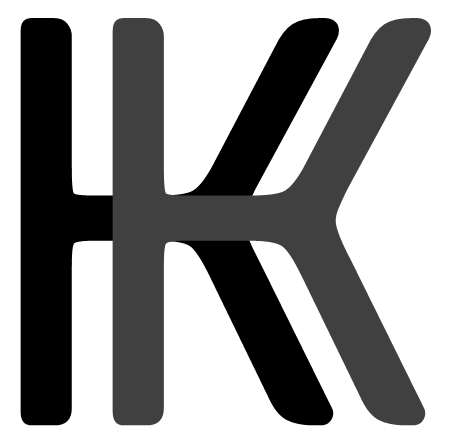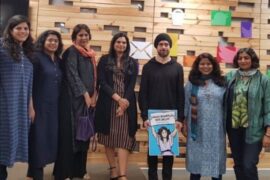Preamble
In November 2018, I attended a session with Jack Dorsey, the founder of Twitter organized by the ORF foundation at the Taj Lands End in Mumbai. During the session I vividly remember Jack Dorsey talking about his vision off Twitter has as a platform to provide the voice to the people of the world for better democracy and better governance of democracy. A strong, functional democracy relies upon the public’s access to high-quality information. However, the very next day, the social media was abuzz with a picture of Jack Dorsey demonstrating his hatred towards Hindu Brahmins. That’s not the beginning of Twitter’s bias to a certain religion in India. Raheel Khursheed who headed Twitter in India till 2018 also drew some backlash from several groups, who accused him of having associations with Kashmiri separatists, and were upset over Khursheed’s criticism of democratically elected PM of India Narendra Modi’s for his leadership and scraping unethical status of Kashmir. He is formally accused of not being neutral and fit for the job by blocking accounts of prominent Indians. During his tenure he had issued blue ticks to several prominent people of the anti-national Azad Kashmir Movement.
However we have seen the words and actions of Twitter not only during the election off 2019 but also after that. It seems that Jack Dorsey’s agenda in India is suspect and he does not walk his talk. The recent lock loggerheads with the Indian government and Twitter seems to indicate that Twitter itself is perpetrating religious hatred and other vicious political agenda in India. At the recent Parliamentary Committee meeting with Twitter it seems that Twitter doesn’t seem to respect the laws of land of India and countering it that it has its own policies that it follows in India. Twitter’s leadership and team in India actions are only heightening political polarisation, diminishing public trust in institutions, and further undermining the democracy in India which needs to be curbed. In the recent wake of events of Twitter with the Indian Government and its actions not just in India but also around world, it’s time that that we tic tok Twitter out for its agenda on impacting India’s internal peace. Last year when the Chinese invaded India at the Galvan valley, India retaliated with banning of Chinese apps including Tik Tok because of security threat.
How Important is India for Twitter
India is the third largest base for Twitter in the world after USA and Japan. Twitter may lose a approximately 55 million users from India if banned. Therefore, Twitter would have to tow the line of the Indian Government. Currently, Twitter has lost its safe harbour legal status in India and would face more legal cases in India if it continues to operate and be biased towards certain political and religious ideologies in India. Getting banned in India would be a huge set back for Twitter’s international user base. Many countries such as China, North Korea, Turkmenistan, Myanmar, Nigeria and Russia have restricted or totally blocked Twitter in their country.
Oxford Internet Institute has monitored the rapid global proliferation of social media manipulation campaigns, which we define as the use of digital tools to influence online public behaviour in its recent report has found that organised social media manipulation campaigns are now common across the world. It identified in 81 countries in 2020, up from 70 countries in 2019. The map below shows the global distribution of these 81 countries, marked in dark blue.

Between January 2019 and December 2020, Facebook removed 10,893 accounts, 12,588 pages and 603 groups from its platform. In the same period, Twitter removed 294,096 accounts, and continues to remove accounts linked to the far right.
Atma Nirbhar of Twitter – The Koo
Government of India has started endorsing Koo as a microblogging platform as an alternative to Twitter. Aprameya, the co-founder of Koo was also the co-founder of Taxi For Sure (now Ola). He had worked in one of my healthcare venture where he was moonlighting to start up Taxi For Sure. I had been one of the early stage investor in his venture then. He is focused to making Koo a success in India and already entered Nigeria after the ban of Twitter. Recently, Koo has raised USD 10 mil to build and expand the reach of their platform. Last evening, I had a call with their team and provided them with points for enhancing their product from the user point of view. I am sure that Koo would emerge in moving the 55 million users of Twitter in India on their platform as it grows in popularity.
Disclaimers: My Koo handle is IamKK. My main go-to social media platform is Linkedin where I am amongst the first 0.25 mil users and I am still going strong on Linkedin. I have suspended my Twitter handle 3 time in the past and hate the constant ‘We Miss You’ emails from Twitter every week.

